Fashion-washing: Saudi way of erasing rights record
It is not a long time since Saudi Arabia made its first foray into the dazzling world of entertainment; boxing matches, horse racing, motorsports and music festivals are all parts of a broader project kick-started by Saudi Crown Prince Mohammad bin Salman.
Whereas these cultural undertakings are expected to contribute to the diversification of the kingdom's oil-based economy, these popular events simultaneously pursue an equally important goal; to varnish the tarnished reputation of Saudi Arabia as a country with the least respect for human rights.
In one its latest moves, Riyadh has taken initial steps to become a fashion capital like Milan, Paris and New York; and of course to distract attention from the underbelly of the kingdom; what critics say is an explicit act of "fashion-washing".
In early March, Harper’s Bazaar Arabia announced that it would be published in Saud Arabia as the first international luxury fashion magazine. Shortly after, leading men’s lifestyle magazine Esquire Middle East said it would publish Esquire Saudi.
The publication of these two prestigious magazines in Saudi Arabia is going to come along with a series of luxury VIP parties and workshops from well-known masters in the fashion industry.
An impressive schedule though critics say it's just a pathetic attempt at gaining respectability undertaken by a country where women are still viewed as second-class citizens, if not property.
Saudi Arabia is trying to clean their image after the gruesome murder of Jamal Khashoggi and in response to the United States and other countries condemning the situation in Yemen, and in order to try to clean their image, along with other attempts at white washing activities, they are using women.
Ariel Gold, National Co-director, CODEPINK
In the words of Ines Osman, director of the MENA Rights Group, “It does not mean much to show off these beautiful landscapes when so many Saudis cannot enjoy them because they’ve been imprisoned, or living in exile because of travel bans.”
“I never thought that I would come to Saudi Arabia but here I am – it’s pretty cool I am really excited.”
American Fashion Model
Excited yet worried
"We are so excited because it's the first Fashion Week in Saudi Arabia so we are making history and hope it's going to be Ok".
Italian Fashion Model
"I was always asking myself why us Arabs we have to travel abroad to find a future, why we can't we find our future in our own countries?"
Jacob Abrian, Founder, Arab Fashion Council
Whereas the Riyadh government is trying to showcase the country as a suitable place for women through hosting catwalks and glamorous photoshoots, there is a nagging doubt over the real status of women in Saudi society.
After all, a considerable number of women's rights activists are still behind bars.
This is one of many attempts that Saudi Arabia has and is making to whitewash the crimes that they're committing both inside their country and in Yemen.
We've seen this with them, bringing sporting events and music events, and promoting tourism, and we hope that the world is not fooled and continues to support a real change towards human rights and peace across the Middle East.
Ariel Gold, National Co-director, CODEPINK
It February the Saudi authorities agreed to release Loujain al-Hathloul after the high-profile women’s rights activist spent over a thousand days in detention.
Brave Saudi females
Loujain al-Hathloul is not actually free. She's under a five year travel ban, and she's forbidden to speak out about what happened.
In addition, many of the women's rights activists remain behind bars.
And this you know this is a situation that we're seeing across Saudi Arabia as they build themselves as modernising in terms of women's rights, and I want to speak to the bravery of the women in Saudi Arabia; to campaign for women's rights, knowing the consequences that they pay these horrific prison terms.
Ariel Gold, National Co-director, CODEPINK
It seems that the Saudis are prepared to do anything to misrepresent the reality of women’s lives in the kingdom, here by covering up rights abuses through fashion runways and magazines.
Needless to say, such magazines are contributing to the suppression of women in Saudi Arabia by distorting the reality.
A woman's place in Saudi society is totally different from what, for example, Harper’s Bazaar shows of Saudi model Taleedah Tamer in the gilded deserts.
We at CODEPINK think that all companies and organisations have a responsibility not to contribute to human rights abuses, we have been petitioning the lobbying firm in the United States, LS2, that is marketing Saudi Arabia as a trailblazer for women's rights, to drop Saudi Arabia as a client and we will also be asking the same of these magazines.
Ariel Gold, National Co-director, CODEPINK
Besides launching Saudi versions of lifestyle titles, Riyadh has run content partnerships with fashion-oriented publications.
For example, Vogue Arabia has recently partnered with the Saudis in whitewashing the plights of Saudi women.
I think that many countries are reluctant to do real reforms and Saudi Arabia is only one of many we can look at. The situation in the United States, with police brutality and racism against black people, and the difficulties, the very uphill battle, that we're facing here (in the US) to do rights reforms.
It's unfortunate that companies and organisations are taking part in these faux reforms that are not genuine, and we hope that companies take a real stand for women's rights and for human rights in Saudi Arabia, as well as a real stand to end the brutal war in Yemen.
Ariel Gold, National Co-director, CODEPINK
The December 2020 edition of Vogue Arabia published a letter titled “The future is promising for Saudi women” penned by Princess Reema bint Bandar, the Saudi ambassador to the US. In the letter, the Princess boasted, "Barriers are being replaced by opportunity. Cultural limitations are giving way to social transformation."
According to Middle East Eye, the letter got published as a result of a lobbying effort from Hathaway Strategies, an Indianopolis-based public affairs firm which advocates on behalf of the Saudi embassy. Between July and December last year, Hathaway received $75,000 from the Saudi embassy in consulting fees.
In addition to the fashion, what's being called Fashion washing, Saudi Arabia is also using a lobbying firm in the United States which they're paying millions of dollars to, to promote Saudi Arabia as a place of gender equality.
Both the idea of fashion washing and promoting Saudi Arabia as a trailblazer for women's rights, is particularly disgusting, given that the country gives so few rights to women, and has imprisoned the very women who continue to campaign for women's rights in the country.
Ariel Gold, National Co-director, CODEPINK
The expensive Saudi publicity stunts might brush over human rights abuses for a while, but it cannot save the face of the Saudi authorities forever.
As one Saudi activist put it, "Away from these glamorous events, the brutality goes on."
Former Trump adviser Bannon plotted with Epstein to 'take down' Pope Francis
China warns US against ‘plotting’ on Taiwan, says it risks confrontation
VIDEO | Zionist takeover of UK police
VIDEO | Trump-Netanyahu meeting
Iran’s shortest rail route between China and Europe
'Shameful': Hamas decries Western systemic campaign against UN expert Albanese
Ethics in suspension: Epsteinization of power in today’s post-shame politics
Trump knows he cannot use military force to press Iran into accepting Israeli demands: Mearsheimer


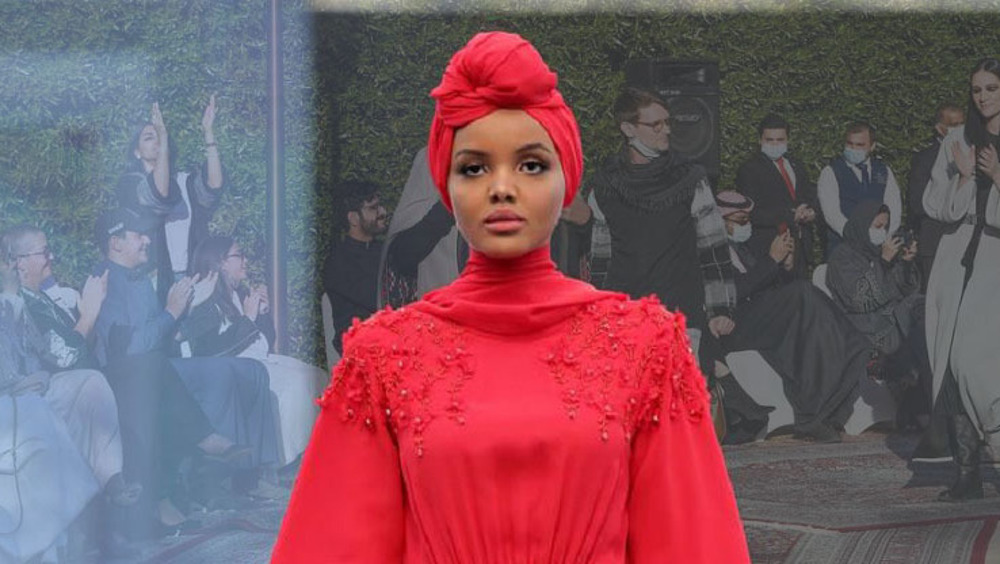
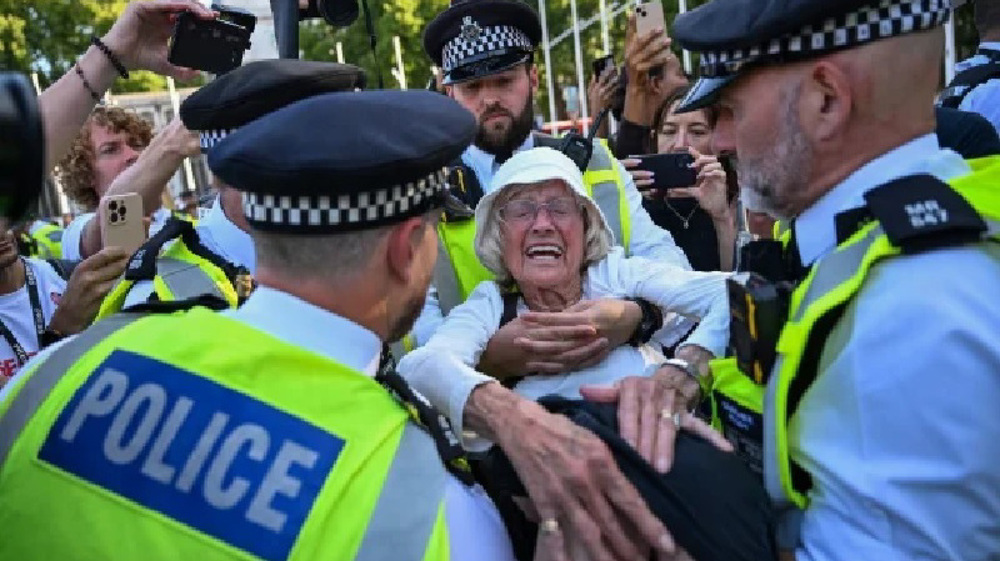
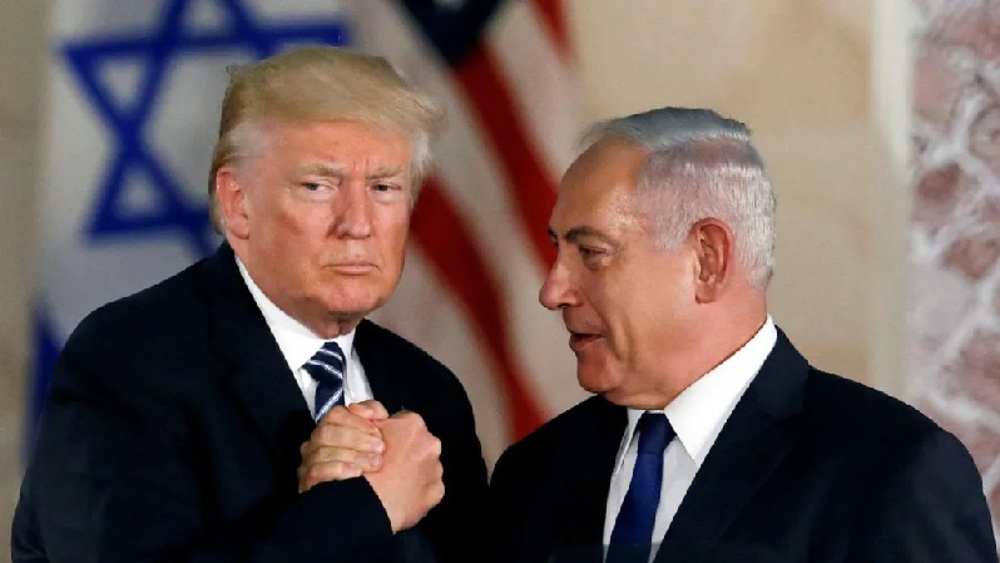





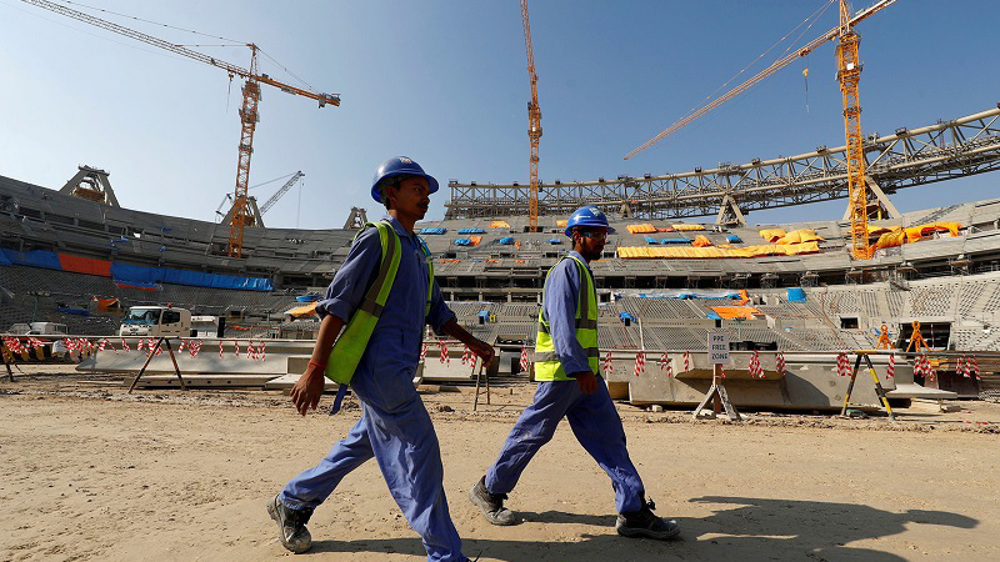
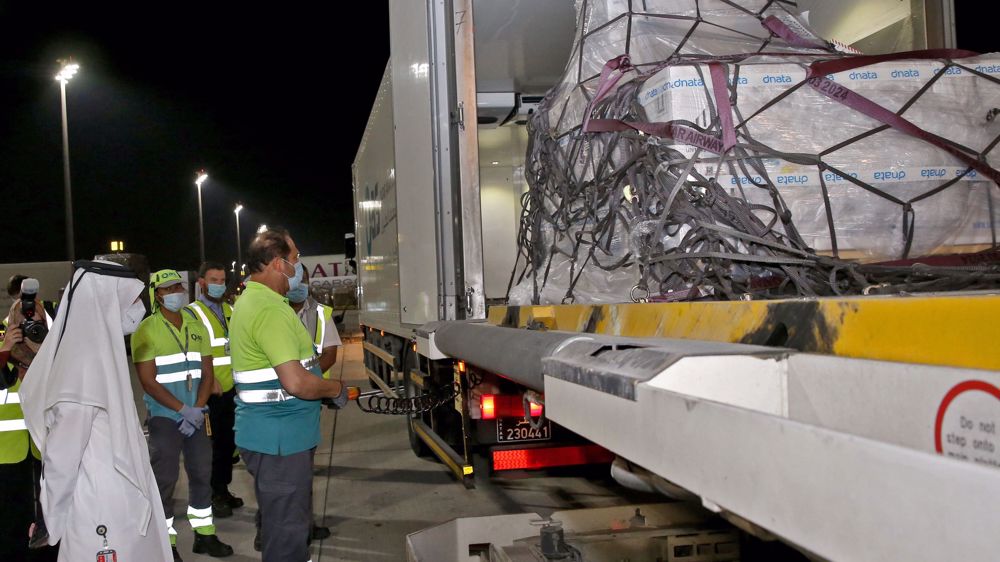
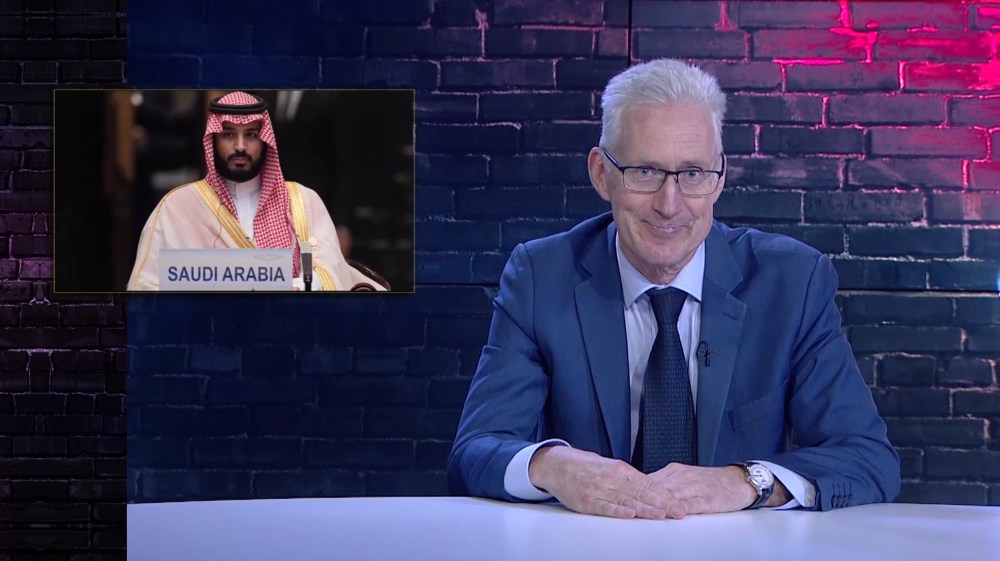
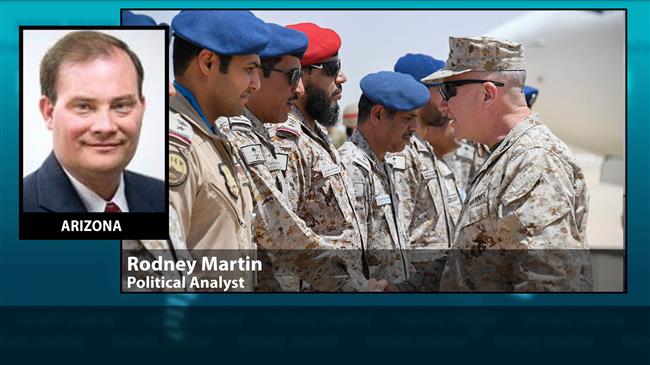
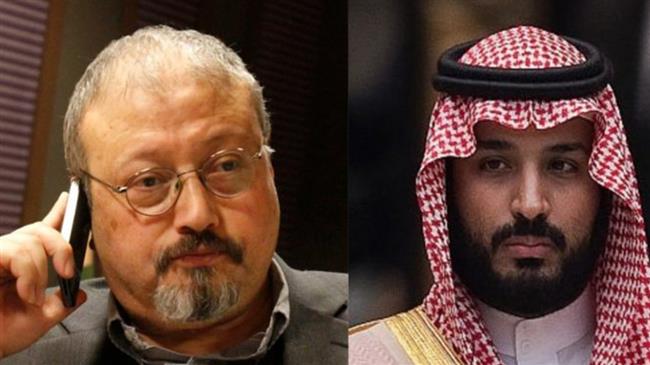

 This makes it easy to access the Press TV website
This makes it easy to access the Press TV website